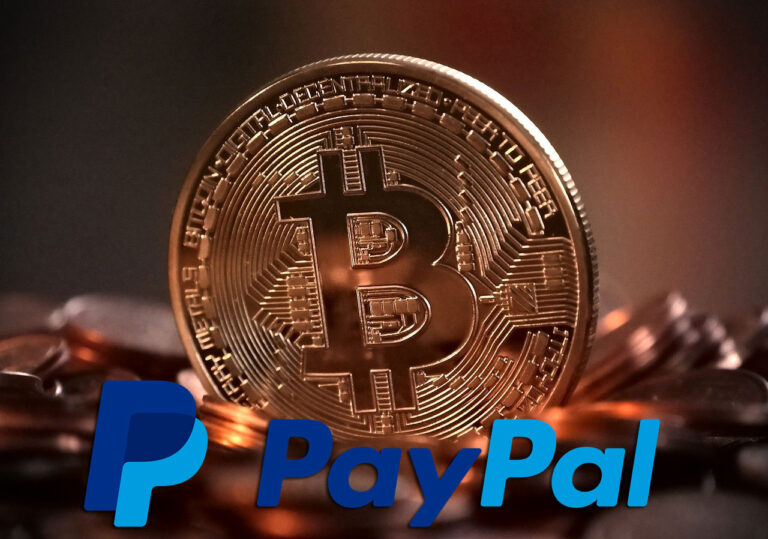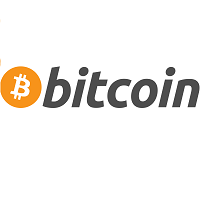The use of distributed ledger technology (DLT) looks set to disrupt the financial services industry through the emergence of a new asset class and its use to improve business processes. The early years of growth in digital assets largely involved virtual currencies, dominated by retail investors, and early issuance of digital securities was driven by start-ups. As regulation brings certainty to the sector and security and scalability concerns are addressed, we are now seeing concerted investment by major companies and we expect to see institutional adoption accelerate. In the longer term, as well as opportunities from asset tokenisation, we see threats to traditional financial services businesses as the role of intermediaries evolves.
Blockchain supports a new asset class
As well as supporting the emergence of cryptocurrencies such as Bitcoin, DLT can be used to tokenise existing real assets, such as shares or real estate, and create new assets that are digital representations of traditional securities. Investment in digital assets has been a mainly retail phenomenon so far, but with the introduction of new regulations to the industry and digital asset start-ups professionalising their businesses, this is becoming a more attractive market for institutional investors.
Potential to disrupt existing processes
DLT has the potential to replace many existing processes in the financial sector, such as clearance and settlement, trade finance and data management. As well as reducing back-office costs and improving transaction processing speeds, this also has the potential to reduce income streams from intermediary roles. We see new opportunities for providers of services to certify the accuracy of data before it enters the blockchain and to monitor and keep the real assets underlying tokens safe.
Early-stage market; incumbents starting to enter
The tokenisation of assets is still at an early stage, with many pilots and small-scale projects underway. Joining a plethora of digital asset start-ups, traditional financial services businesses are starting to enter the market. We expect a gradual transition to the use of blockchain technologies, with applications being adopted for those use cases with a strong commercial rationale. Ultimately, we expect to see a shift towards asset tokenisation across a number of asset classes including in particular non-listed equity, debt with small issue volumes and real estate. Strong interest from central banks in issuing their own digital currencies further supports our belief that a tipping point has been reached in the institutional adoption of blockchain.
Longer term, blockchain will reshape the industry
As well as the revenues to be earned from issuing, trading and managing digital assets, the use of DLT for business processes such as clearance and settlement has the scope to reduce operating costs. However, removing the middleman from many processes will also affect the revenues of those financial institutions that act as intermediaries. At this early stage, we expect to see more partnerships between traditional financial institutions and digital asset specialists, and longer term we expect to see incumbents acquiring to access expertise and regulated businesses.
In this Edison report, we examine the current status of DLT adoption in the financial services sector, with a particular focus on institutional engagement with the technology. We identify the current barriers to adoption of DLT-based assets and services within the sector and investigate what is being done to overcome these. We also highlight areas where work still needs to be done to make the technology more appealing to institutional investors.
As well as undertaking desk-based research, we have interviewed companies involved in different areas of the sector, including technology companies, NGOs and investment companies.
This full 42 page pdf report from Edison can be downloaded free using the following link:












































